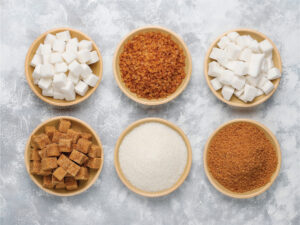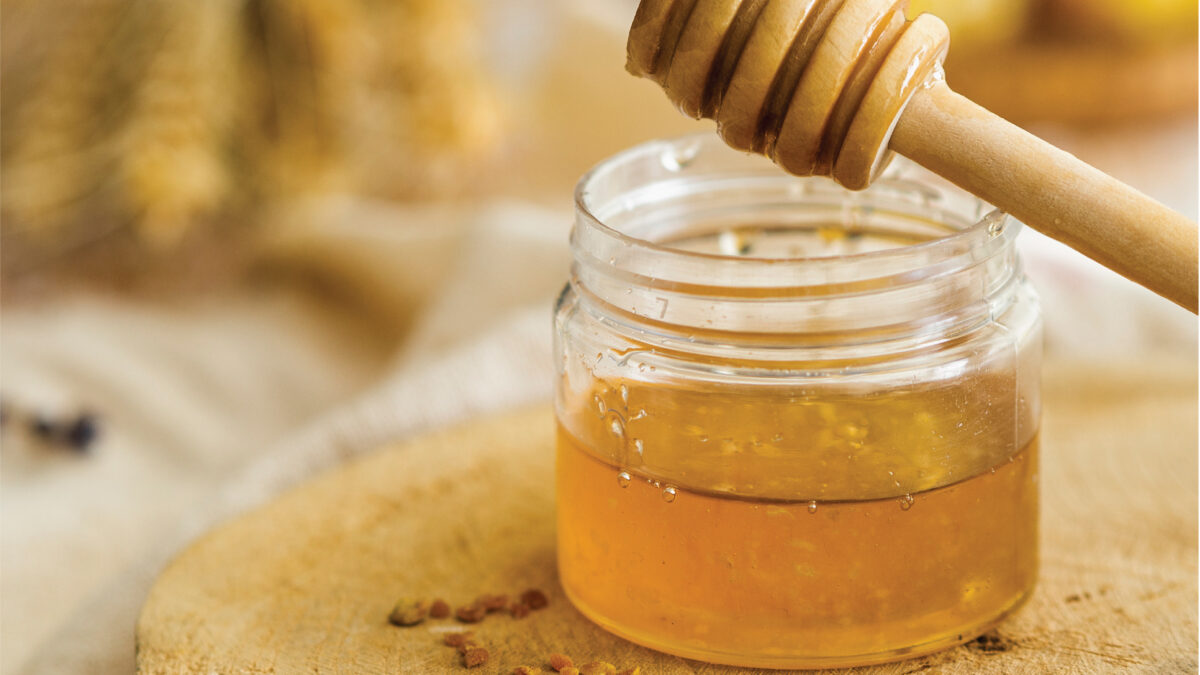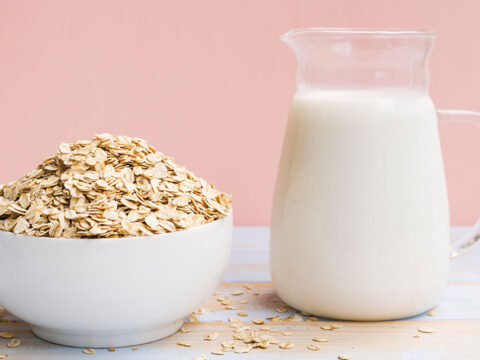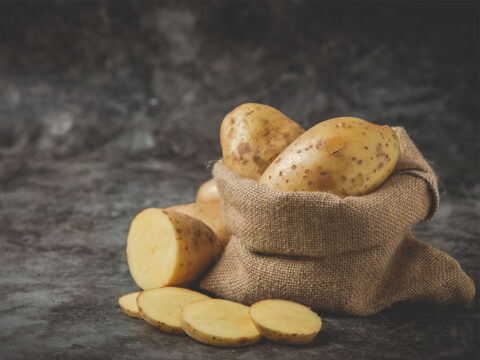
How Smoking Affects Both The Risk Of Diabetes & Diabetes Complications
January 19, 2022
How Is Diabetic Ketoacidosis Diagnosed And Treated?
February 7, 2022Honey and jaggery are both categorized as natural sweeteners, which is why they are often regarded as healthier alternatives to sugar. They are even regarded as superfoods by many natural health enthusiasts, as unlike sugar, these natural sweeteners are nutritionally complex and offer you a number of vitamins and minerals, as well as antioxidants. However, when dealing with diabetes, any type of sugar, whether natural or refined, should be treated with caution.
Honey As A Sugar Alternative For Diabetes Patients
Honey is a natural sugar and like any sugar, it will have some effects on blood sugar levels. However, the extent of this effect is limited as compared to table sugar. A study published in the Journal of Medicinal Food found that honey consumption causes blood sugar levels to rise for just half an hour after consumption, but they decreased and stayed low for the next two hours. This effect was attributed to a possible increase in insulin, but is still not clearly understood.
Another study also found that honey had a lower glycaemic effect as compared to regular sugar, also raising C-peptide levels. This is notable because normal levels of C-peptide are associated with adequate insulin production. Honey is also often considered as a healthy substitute for sugar because of its antioxidant content and anti-inflammatory effects, which can be beneficial for managing diabetes.
Despite these potential benefits of honey over regular sugar, honey intake should be avoided or limited as it is still a natural sugar that can raise blood sugar levels. If your diabetes is well-controlled and you’re comfortable exercising moderation, opt for organic or raw natural honey as such forms contain no added sugar.
Jaggery As A Sugar Alternative For Diabetes Patients

Despite some claims of its health benefits, jaggery is not a viable sugar substitute for diabetes patients. In fact, jaggery contains the very same type of sugar as regular sugar – sucrose. This means that it is broken down into glucose, also raising blood glucose or sugar levels.
For diabetes patients, this means that the benefits of added nutrition from jaggery are outweighed by the risks. Like any sugar, it has a high glycaemic value and raises blood sugar levels, while also increasing the risks of obesity, cardiovascular disease, and other conditions associated with sugar intake.
Although both honey and jaggery can both have high glycaemic values, honey is a safer choice based on research. In general, consuming foods with a lower glycaemic value is considered safer as such foods have a much smaller impact on blood sugar levels. This can be because of different factors, such as their having lower sugar content, having slower digesting carbs or sugars, and the presence of other nutrients that may slow sugar absorption, such as fibre. If you are looking for a low-calorie sweetener that is generally regarded as safe for diabetes patients, stevia may be a better choice. You should also discuss such food swaps and dietary changes with your diabetes doctor or dietitian before actually making any changes.




